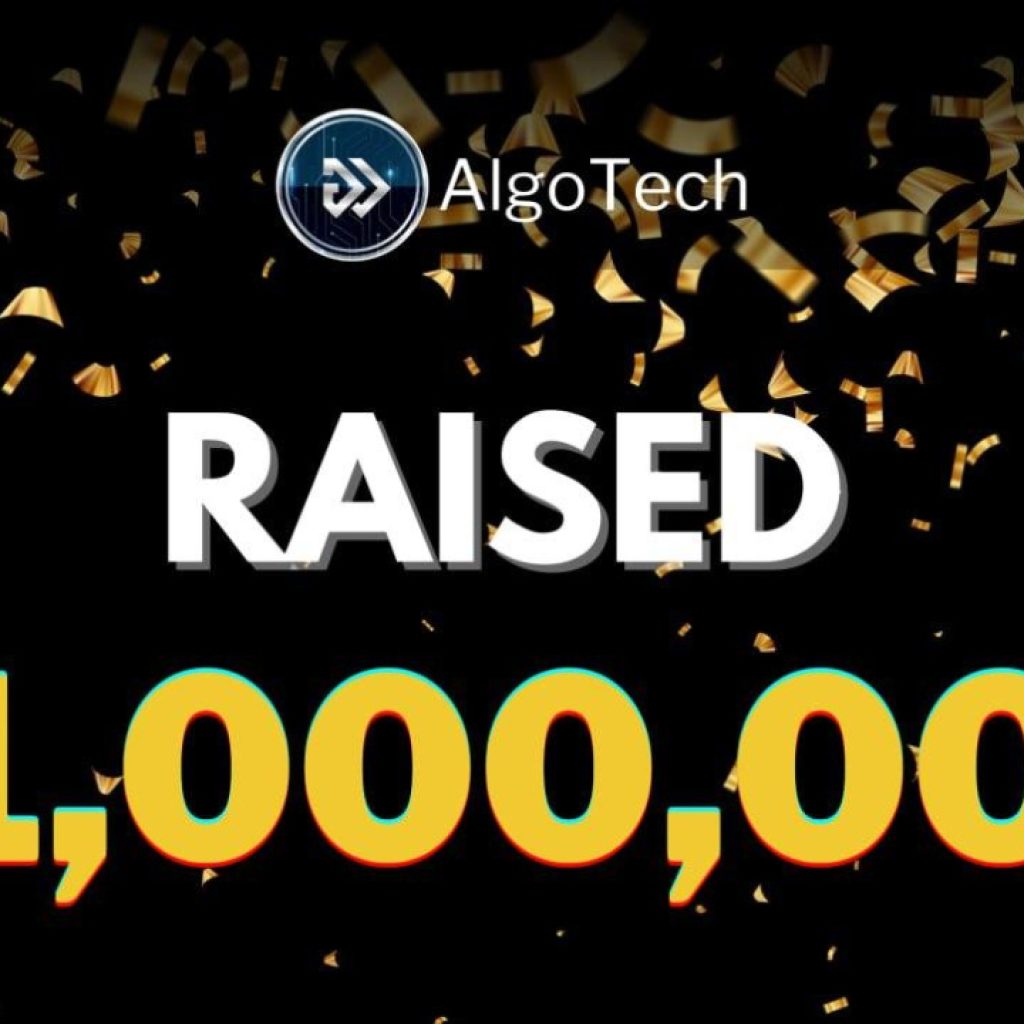The sheer amount of information and data generated is enormous in the supply chains of different industries, making it challenging to keep up with what’s happening worldwide. Unsurprisingly, smart contracts are the best ways to handle this. On the other hand, if you are interested in both smart contracts and bitcoin should also learn about the incredible price of bitcoin from informative articles online.
It means you can ensure that your supply chain’s financial transactions work as intended with intelligent contract technology instead of relying on guesswork and hope. In addition, smart contracts can provide transparency into transactions — they do not require an intermediary or trusted third party to oversee the details or execute them — which has the potential to reduce fraud and offer assurances in an increasingly uncertain world where cyber-attacks are a real threat.
So, how do smart contracts work in the Bitcoin Network?
Smart contracts can be embedded into transactions between two parties to automate their obligations. It makes the blockchain an ideal platform for recording and enforcing contractual relationships for finance and technology companies.
For example, transaction parties who do not trust each other can create a smart contract that automatically executes a particular action when specific conditions are met; therefore, eliminating all uncertainty about whether the other party will perform its obligations as promised. In addition, if a smart contract is breached, the blockchain will record the details.
Example: A Smart Contract for Supply Chain Data
Supply chain management for major companies is time-consuming, complicated, and expensive. In addition, the costs associated with data tracking and reconciliation vary depending on your industry and whether you have or don’t have fast, reliable transportation networks like shipping containers or rail. It makes it difficult for supply chain managers to know what’s going on throughout their supply chain without significant investment in data tracking systems.
Take a retailer that ships thousands of items daily; managing supply chain data can be complex because it’s necessary to ensure that their suppliers deliver everything they need in time for their customers. There’s also the added complexity of managing the security of customs and border protection information, especially when a product travels across international borders.
However, a retailer can program their supply chain data to be recorded on a blockchain with smart contracts. It would allow them to start seeing problems as they happen in real-time and quickly react to deviations from what was already programmed into the contract. The supply chain contract would be implemented as a series of database records that execute actions based on predetermined events.
Different Applications of smart contracts:
1. Safeguarding the efficacy of medications:
The pharmaceutical supply chain is long and complicated, with many different parties involved and multiple data points to track. Anyone could program intelligent contracts to ensure that a drug’s supply is not tampered with or manipulated along the way. This type of lock-in system could help guarantee the efficacy of a medication.
2. Banking:
Smart contracts are also known for their potential in the banking system, where record-keeping is valuable for auditing and legal purposes. For example, suppose all banking transactions were recorded in a blockchain. In that case, smart contracts could improve this security by setting up biometric security measures like fingerprint scans or facial recognition software on ATMs, making it more difficult for others to access your funds without your permission.
3. Making international trade faster and more efficient:
The global e-commerce market is large and growing. By 2022, it’s expected to be worth $2.16 trillion, which means smart contracts could help simplify the international trade process for many industries.
4. Protecting intellectual property:
Intellectual property rights are one of the most significant problems in IP law today. Anyone could program smart contracts to protect these rights by setting time limits on when and how someone can reproduce or distribute a piece of copyrighted material such as a book, film, or song file.
5. Protecting digital content:
Smart contracts could also help protect digital content, ensuring that your digital property is not misused by making it more difficult for others to copy or share it without permission. Again, it could have implementation through various methods, such as embedding the smart contract into a streaming service or social media platform.
Smart contracts can automate and simplify sharing and copying of digital information while protecting your rights and interests.
6. Preventing tax evasion:
Tax evasion is a serious issue in many countries worldwide, costing billions of dollars in lost revenue annually. Smart contracts prevent this by incentivizing parties to pay their taxes by setting up practical incentives for companies to ensure tax compliance regularly.
Summary:
As new startups emerge, intelligent contracts are sure to follow. These self-executing agreements could make the way we do business more secure and less reliant on intermediaries. Many experts predict intelligent contracts will play an essential role in business for years, but others argue that the technology is far from ready for mainstream use. Whether you see intelligent contracts as revolutionary or overhyped, one thing is sure: they’re here to stay. People can use smart contracts to ensure that an organization or individual doesn’t publish sensitive information.





